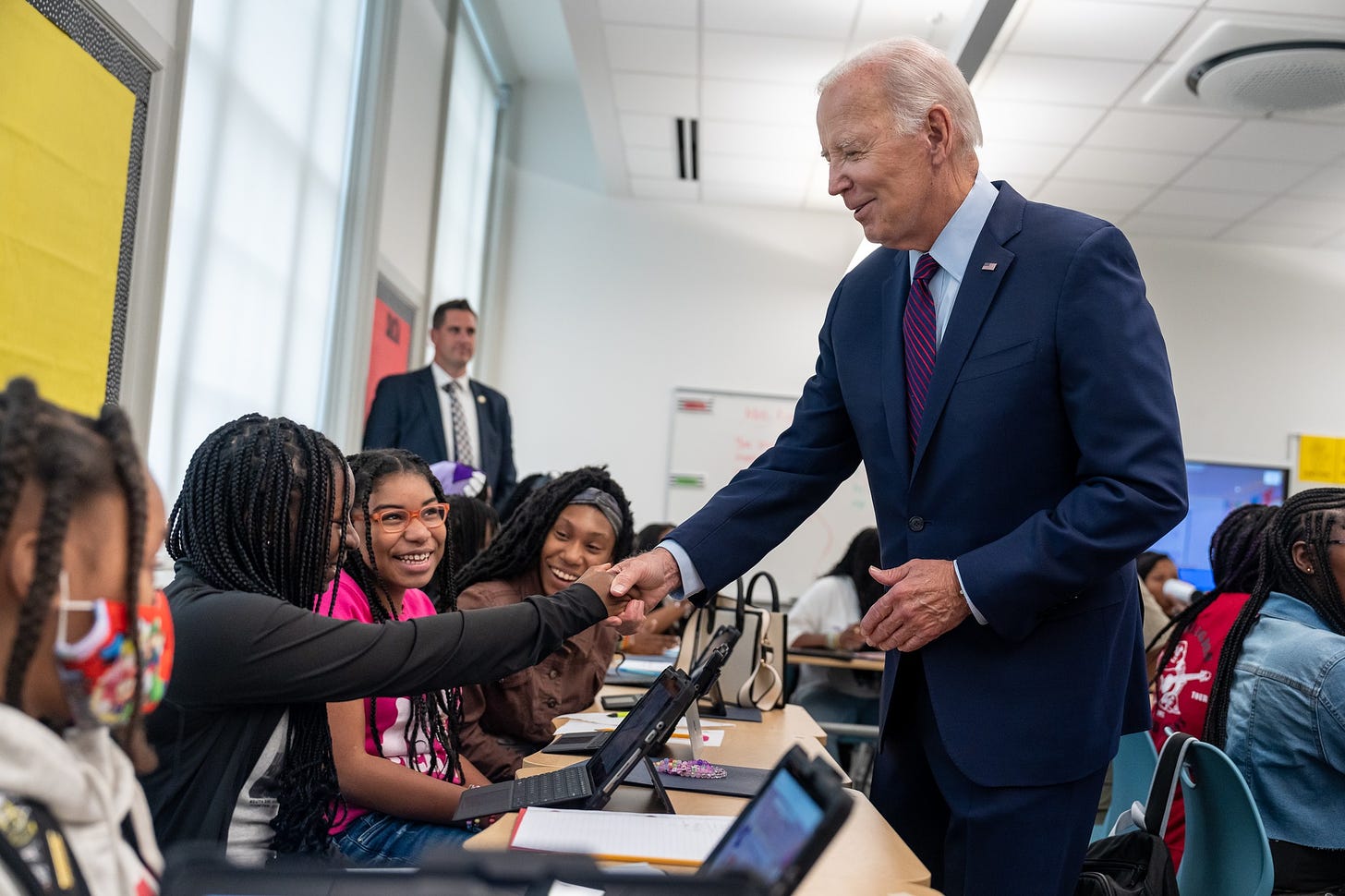The Biden-Harris administration is actively working to strengthen its engagement with Pacific Island countries, emphasizing shared priorities such as climate resilience, economic development, and regional security. This commitment is reflected in several key initiatives. Diplomatic efforts include hosting Pacific Islands Forum Summits, opening new embassies, and recognizing new sovereign states in the region. Regarding climate resilience, the U.S. plans to invest significantly in adaptation projects, including a $20 million contribution to the Pacific Resilience Facility and the launch of new climate finance initiatives. Additionally, the U.S. is enhancing disaster preparedness through USAID-funded partnerships, aiming to bolster emergency management systems across the Pacific.
Economic support is another cornerstone of this partnership, with the U.S. promoting economic resilience through microfinance initiatives, trade promotion, and investments in infrastructure and digital connectivity. On the cultural and educational front, programs like the Youth Ambassadors Program and the Academy of Women Entrepreneurs are designed to deepen people-to-people ties and support regional leadership development. The U.S. is also focused on security and the rule of law, committing to strengthening security cooperation and supporting anti-corruption measures in the Pacific Islands.
Furthermore, the U.S. is investing in sustainable infrastructure development, including modernizing weather forecasting systems and enhancing aviation safety. Through these comprehensive efforts, the Biden-Harris administration is making long-term investments in its partnership with Pacific Island countries, aiming to build lasting relationships and address the region's most pressing needs.
President Biden issued a statement responding to a Texas district court's decision to block his administration's policy designed to keep immigrant families together. The policy, introduced in June, aimed to allow married couples—where one spouse is a U.S. citizen and the other has lived in the country for over a decade—to stay together while the non-citizen spouse applies for legal status. Biden emphasized that these couples are integral members of their communities, contributing to society through work, paying taxes, raising children, and participating in community life. He underscored that the policy did not change the legal requirements for adjusting immigration status but merely facilitated the process by allowing these families to remain united during the application period.
The President condemned the court's ruling, calling it wrong and asserting that it would lead to unnecessary and harmful separations of families. He stated that without this policy, spouses of U.S. citizens would be forced to either leave the country or live in constant fear of deportation, undermining the sense of security and belonging they have built over the years. Biden reiterated his commitment to fighting for these families and his broader goal of addressing issues at the border and reforming the immigration system. He made it clear that his focus is on solving problems, not playing politics, and that tearing families apart is contrary to American values.
President Biden issued a statement addressing the high cost of prescription drugs in the United States, noting that Americans often pay two to three times more for the same medications than people in other countries. He highlights actions taken by his administration, such as allowing Medicare to negotiate drug prices, capping insulin costs for Medicare recipients at $35 per month, and requiring drug companies to pay rebates if they raise prices faster than inflation.
Biden also emphasizes the ongoing struggle many Americans face in affording medications. He mentions a recent call with Senator Bernie Sanders for drug manufacturers to reduce prices on drugs for obesity, diabetes, and cardiovascular disease, which are significantly more expensive in the U.S. compared to other countries. Biden commends Eli Lilly for offering a lower-priced, direct-to-consumer version of one of their medications but stresses the need for broader price reductions across the industry. He concludes by reaffirming his commitment to ensuring all Americans can access necessary medications.




